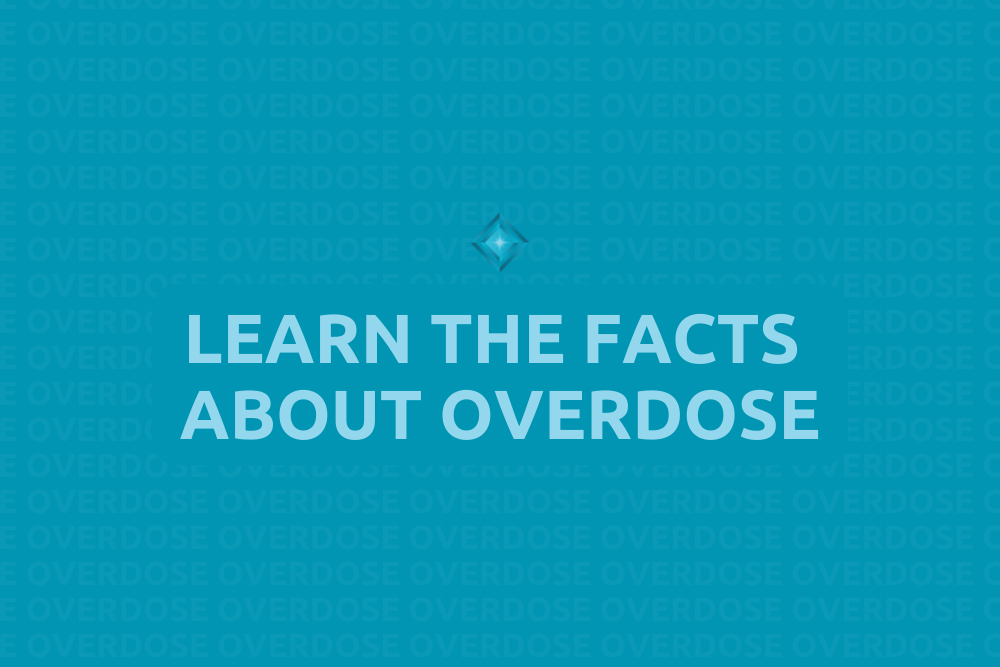Though the U.S. Department of Health and Human Services declared the opioid crisis to be a public health emergency in 2017, prescription and illicit opioid overdoses still claim the lives of more than 130 Americans daily, making it our nation’s leading cause of accidental death.
In response to this problem, more than half of U.S. states have strictly limited the length of opioid prescriptions. When they can no longer get their medication from a legitimate source, people who have become physically or psychologically dependent on these drugs may turn to illegal means, thus prolonging the opioid epidemic. In observation of International Overdose Awareness Day on Aug. 31, what should you know about opioid addiction and overdose deaths?
Why Do People Get Addicted to Opioids?
Most people start using opioids because their doctor prescribes them to manage acute or chronic pain. Still, even when used responsibly, opioid drugs can lead to addiction because of their effects on brain chemistry. Opiates create artificial endorphins, leading to a sense of euphoria. Over time, these drugs prevent the brain from producing endorphins independently. At this point, the only way to experience the same sensation is to take increasingly higher doses.
The risk of addiction rises with longer-term use or when people use opioids in a non-prescribed way, such as crushing pills to snort them. Taking more than the prescribed amount or using the drugs more often than directed can also lead to a substance use disorder. Studies show that using opioids for more than a few days increases the chances that someone will go on to develop a drug dependence.
Opioid Overdose Deaths
Doctors know how quickly opioid use can lead to addiction, which is why they might not agree to increase the dosage on a current prescription or refill an expired one. Often, that creates a point of no return where some opioid users will resort to any means necessary to get more drugs, including buying them illegally.
Illicit opioids can be even more dangerous than ones obtained with a prescription, due to inconsistent dosages and various fillers and additives. For example, fentanyl is a synthetic opioid that is exponentially more potent than other drugs and can rapidly suppress central nervous system function.
With fentanyl and other opioids, a fatal overdose can quickly occur, so recognizing the following symptoms – and immediately calling for help – can save the life of someone you love.
- Drowsiness, confusion and disorientation
- Dilated pupils
- Cold, clammy skin
- Blue lips, nails and skin
- Nausea or vomiting
- Slow heart rate and breathing
- A drop in blood pressure
- Muscle weakness or limpness
- Dizziness
- Trouble with coordination and balance
- Loss of consciousness
- Respiratory failure
Long Beach Opioid Addiction Treatment
If you are experiencing opioid addiction issues, you can avoid the risk of a dangerous overdose and other severe consequences by seeking help. At New Found Life, we have been helping people overcome substance use disorders since 1993. We provide a comprehensive continuum of care, starting with medically supervised detoxification. Take the first step on your journey to freedom by contacting us today.

